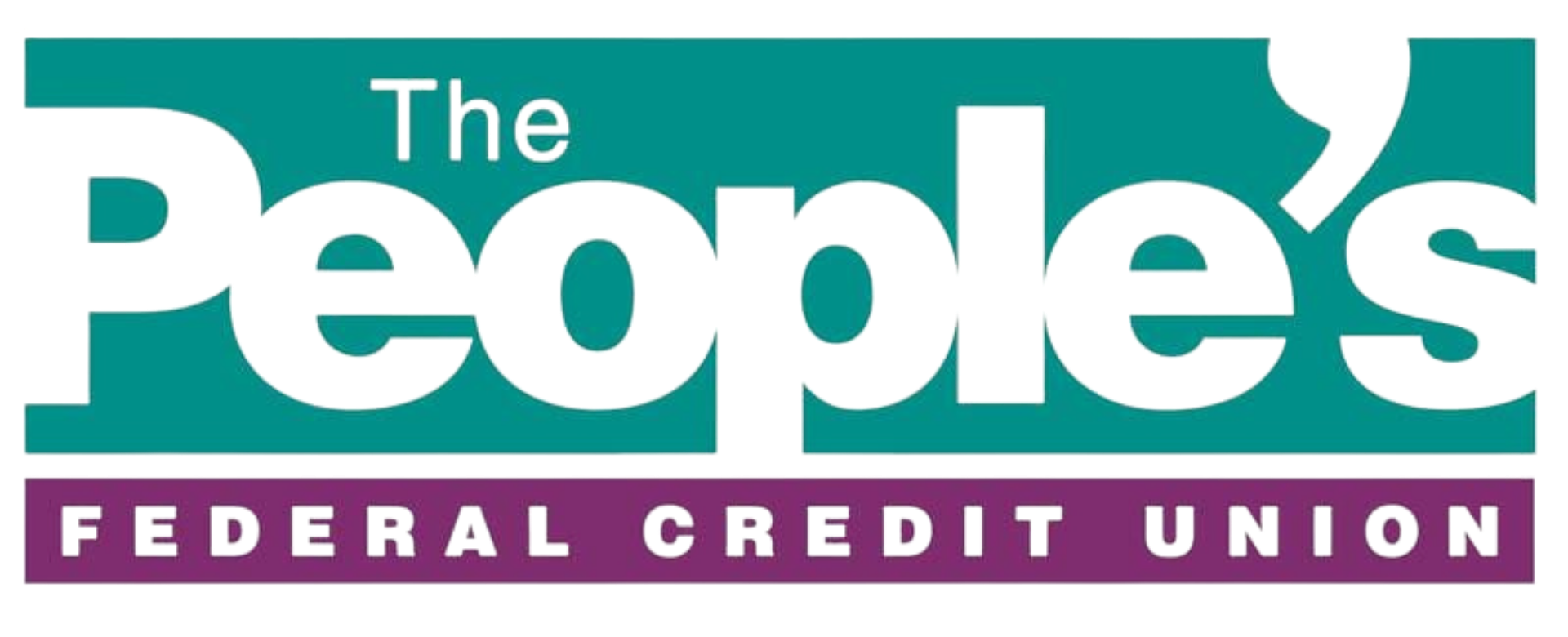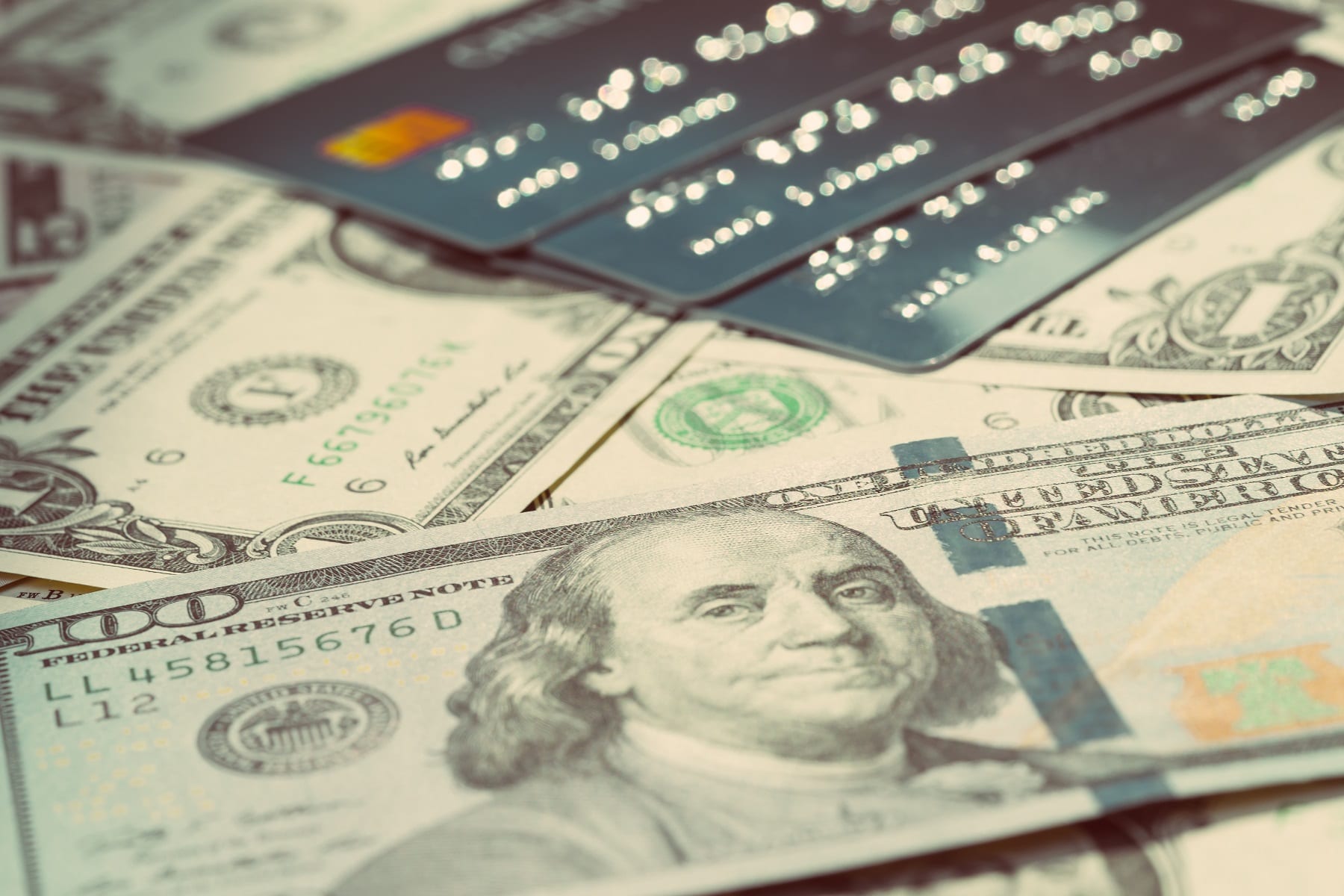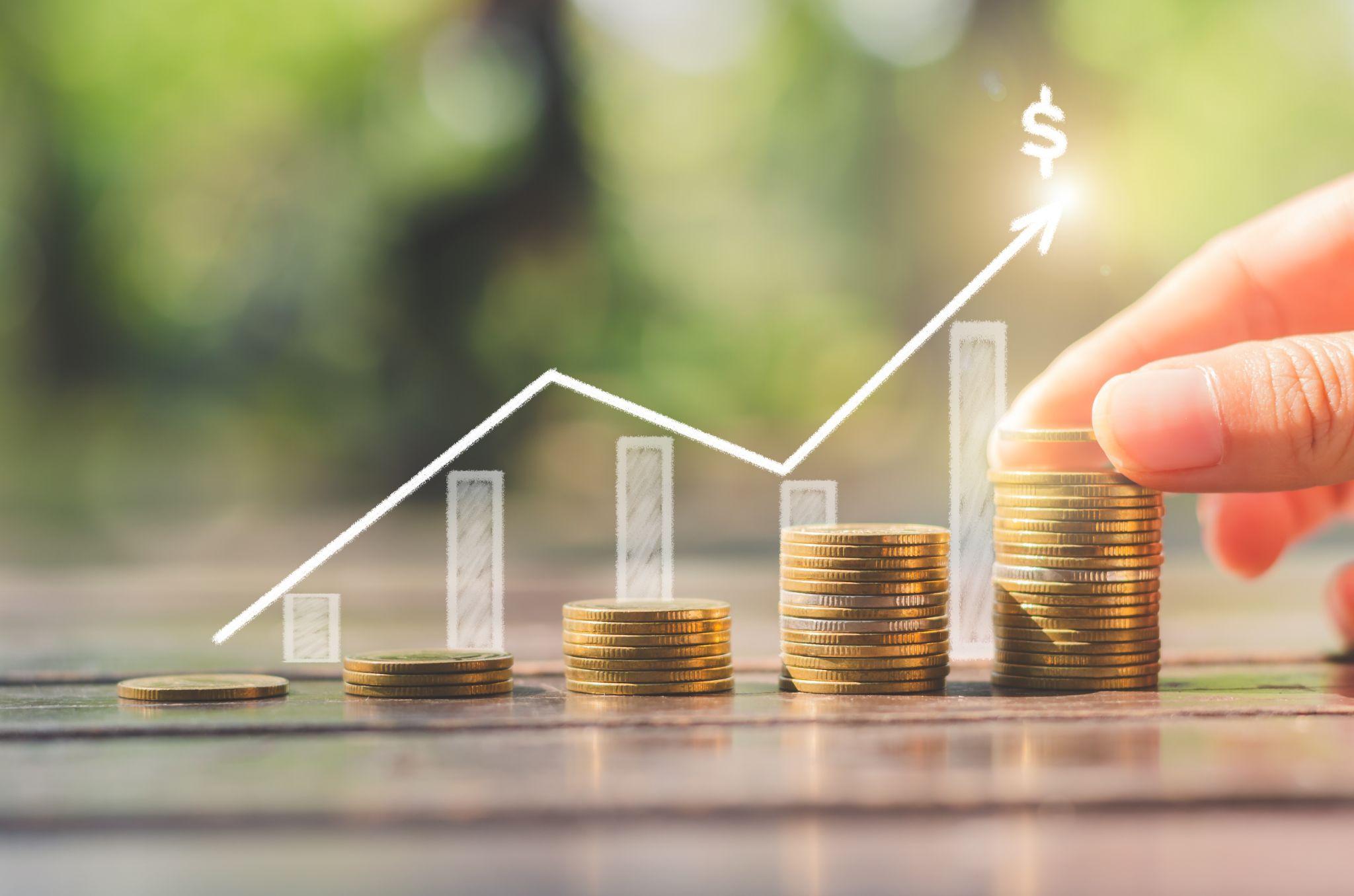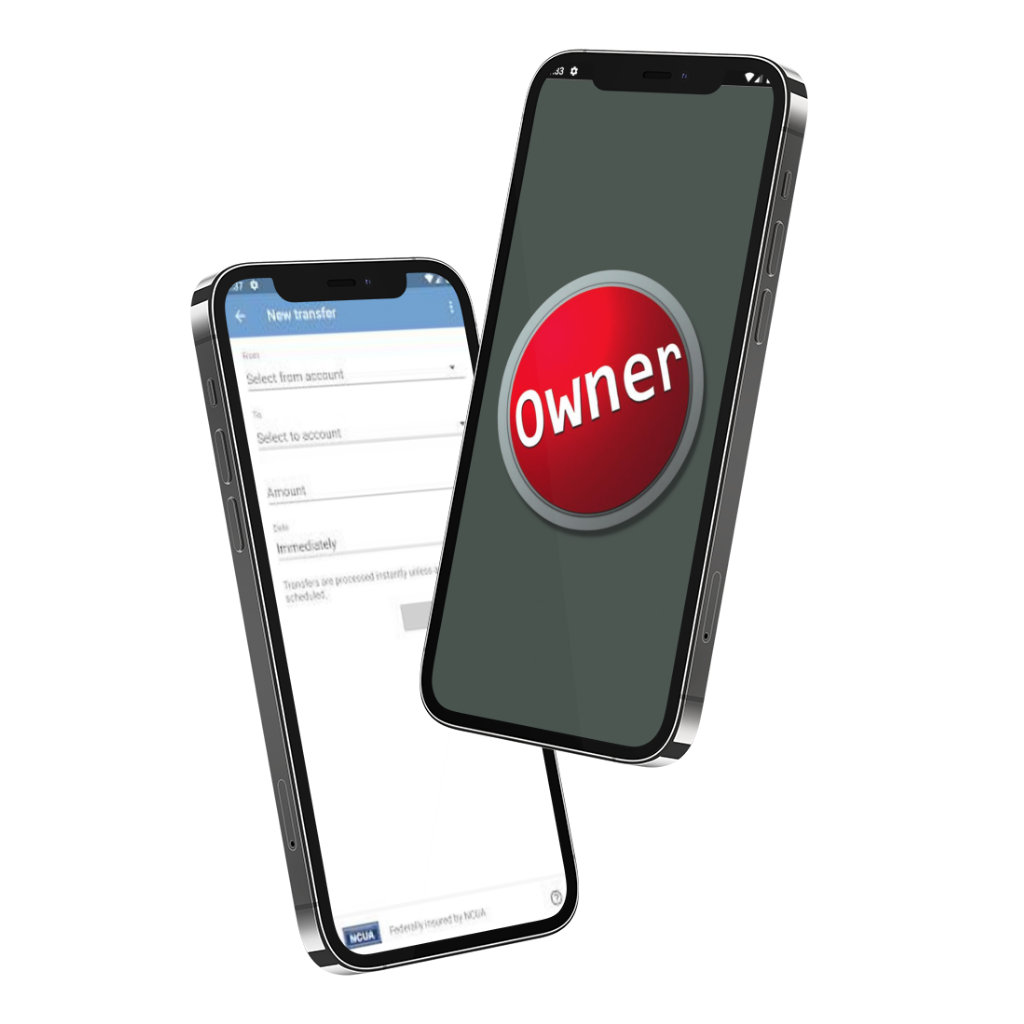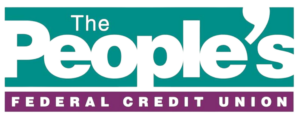For most people, having a “rainy day” savings account for unexpected emergencies is not always enough to cover each emergency situation. Plus, if you are like most people who have to stretch their earnings to cover living expenses and bills from one paycheck to another, you may not have much left to put into your emergency savings account.
What do you do if you have an emergency situation occur like your air conditioning going out in the middle of a hot Texas summer and needing to be replaced? Two options for covering emergency expenses when your “rainy day” savings are not enough are to use a credit card or get a signature personal loan.
Which is better? Personal loan or credit card? Let’s take a look at some of the differences between these two options.
Credit Limits
With a credit card, your credit limit can range from several hundred to thousands of dollars. For smaller amounts, using a credit card is a good choice. However, it will reduce your available credit.
With personal loans, you apply for a specific amount of money you wish to borrow. The loan amounts can cover larger financial emergencies like paying for a new air conditioning system. The maximum amount you can borrow is directly related to your credit score and history. With great credit, you could qualify for tens of thousands of dollars.
Cash Accessibility
Most credit cards have a cash advance limit. This limit can range from a few hundred to a few thousand dollars, based on your credit and the credit limit on the card.
Personal loans allow you to have the funds deposited right into your share savings or checking account. You can use your debit card to pay for your emergency situation or withdraw cash to pay in cash.
Interest Rates
Credit cards tend to have much higher interest rates than personal loans. The average rate can range from around 15% to as much as 36% or more! In the long run, you could end up paying a lot in interest if you only make the minimum monthly payment.
Personal loan interest rates will vary based on your credit and could range from around 4% to 13%. Since the interest rate is much lower, you end up paying back less interest if you only make the minimum monthly payment compared to a credit card.
Repayment Plans
Your credit card will have a minimum monthly amount due every single month. The more you charge, the more this amount will be. If you continue to use the card and only make minimum monthly payments, it can take “forever” to pay the card off.
Personal loans have a fixed repayment period based on the amount borrowed. At the end of the repayment period, the loan is paid off. If you decide to pay more than the minimum monthly payment, you can pay off the loan faster and pay even less interest.
Re-Usability

As long as you have available credit, you will have access to funds should another emergency situation arise. With a personal loan, once it is paid off, you no longer have access to the funds. If you need emergency money, you will have to apply for a new personal loan.
As you might guess, credit cards are great to use for smaller cash emergencies, while personal loans are better for bigger cash emergencies. At The People’s Federal Credit Union, we offer our members access to credit cards and personal loans.
If you have an emergency financial crisis, contact us at 806-359-8571 or stop by one of our branch locations to find out how we can help you! We also offer other credit union services and can even help you set up a “rainy day” savings account with automatic direct deposits to help you start building an emergency fund.
